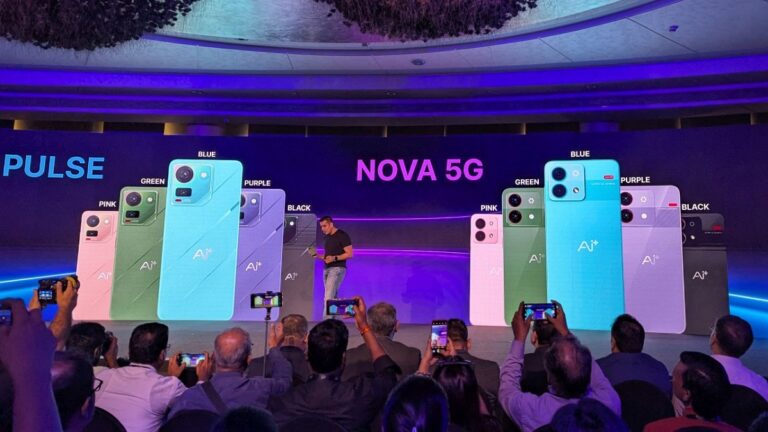Japan has set a new world record for the fastest internet speed ever achieved at 1.02 petabits per second. About 16 million times faster than India’s average internet speed of 63.55 Mbps, this high internet speed could, in theory, download the entire Netflix library or about 67 million songs in under a second
read more
Imagine being able to download the entire Netflix library in under a second—or stream millions of 8K videos at the same time, without buffering. It may sound unbelievable, but Japan just gave the world a real glimpse of that possibility.
Researchers in the country recently set a new world record for the fastest internet speed ever achieved: 1.02 petabits per second. To put that into perspective, it’s around 16 million times faster than India’s average internet speed of 63.55 Mbps and 3.5 million times faster than US.
But what exactly does this mean for everyday users? And how did Japan manage to achieve such mind-boggling speeds? Let’s take a closer look.
How fast is 1.02 Petabits per second?
To understand just how fast this is: a petabit equals one million gigabits. So when researchers say they’ve achieved 1.02 petabits per second, they mean a connection capable of transferring over 100,000 HD movies in a single second.
This speed could, in theory, download the entire Netflix catalogue in under a second. Large files like 150GB video games, such as Call of Duty: Warzone, could be downloaded in the blink of an eye.
The numbers only get wilder. As per Gagadget, the complete English Wikipedia takes up around 100GB. At 1.02 petabits per second, that’s enough speed to download it 10,000 times in just one second.
Even music platforms can’t keep up with this scale. According to Spotify, a minute of audio takes up roughly 1MB. With Japan’s new speed, you could theoretically download 67 million songs in a second—that’s more than 1,27,000 years of continuous music.
While these examples are fun to imagine, the real impact lies in what this could mean for the future of technology.
From cloud computing to generative AI, autonomous vehicles, and real-time translation, all of these technologies rely on massive amounts of data flowing quickly and seamlessly. With speeds like this, data centres across continents could function as if they were part of the same local network, enabling truly instantaneous, global AI operations.
How did Japan achieve this feat?
The record-breaking speed was achieved by Japan’s National Institute of Information and Communications Technology (NICT) in partnership with Sumitomo Electric and European collaborators.
The team successfully transmitted data over a distance of more than 1,800 kilometres, roughly the stretch from Delhi to Goa, using an advanced, specially designed fibre-optic cable.
Unlike regular fibre that carries data through a single light path, this new cable uses 19 separate cores packed into the same standard-sized fibre. Researchers describe it as a “19-lane superhighway” for internet traffic, a design that boosts capacity while still working with existing infrastructure.
The optical fibre cable was developed by Sumitomo Electric, while the data transmission system was built by NICT in collaboration with their international research team.
To overcome the usual issues of signal weakening over long distances, the researchers used sophisticated amplification systems. These boosted the signals across multiple light wavelengths using advanced signal processing techniques.
The test setup involved 19 fibre loops, each 86.1 km long, through which the signal was passed 21 times. This brought the total transmission length to 1,808 km, during which 180 individual data streams were sent at record-breaking speed and stability.
When will we use this in everyday life?
Unfortunately, not anytime soon.
Right now, consumer internet isn’t even close to reaching terabit speeds, let alone petabit. Most home connections still operate in the range of megabits per second.
That said, this breakthrough hasn’t gone unnoticed. Telecom companies, data centre operators, and governments around the world are paying close attention. What Japan has achieved could become the blueprint for the next generation of internet infrastructure, including undersea cables, national broadband backbones, and even future 6G networks.
It may take years for such speeds to trickle down to everyday users, but the direction is clear: we’re heading toward a world where high-capacity, lightning-fast internet is the norm, not the exception.
With input from agencies
























